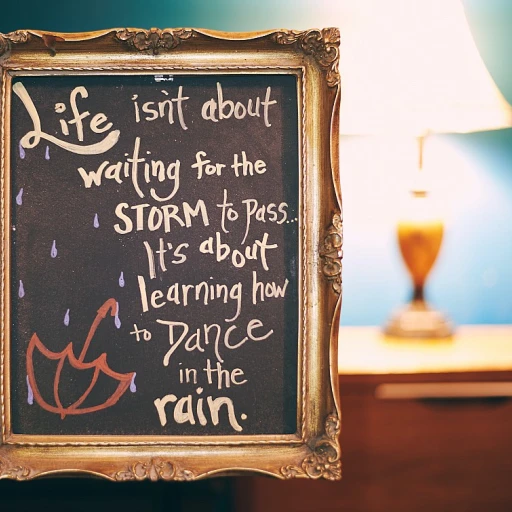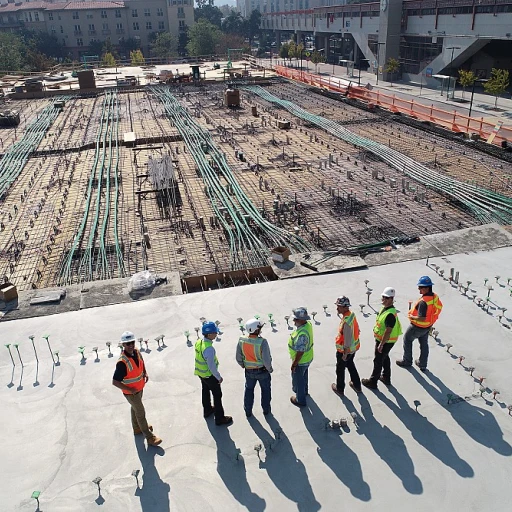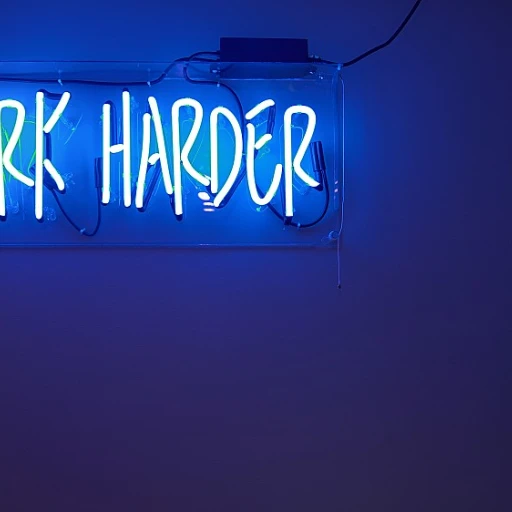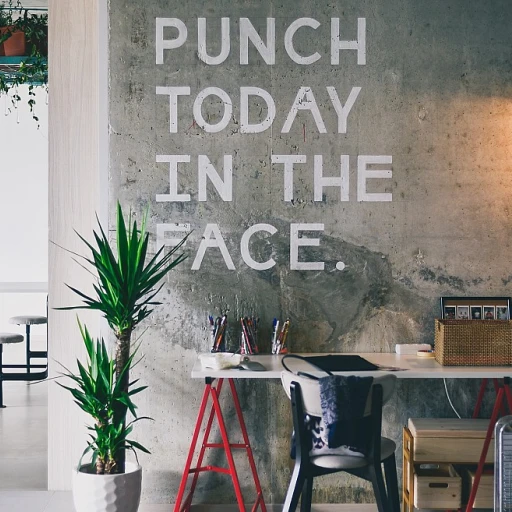
Understanding the Importance of Declining an Interview Professionally
The Significance of a Thoughtful Decline
In the realm of job searching, the way you handle each step of the interview process can significantly impact your professional reputation. Declining an interview might seem like a straightforward decision, but doing so with grace and professionalism is crucial. This not only reflects your respect for the company’s time and resources but also preserves potential future opportunities with the organization.
When you receive an interview invitation, it’s a recognition of your potential fit for the role and the company. Even if you decide to decline the interview, it’s important to acknowledge the effort the hiring manager has put into reviewing your application. A professional decline can leave the door open for future interactions, should your career path align with the company again.
Moreover, the way you decline an interview can influence your personal brand. A well-crafted decline message demonstrates your professionalism and thoughtfulness, qualities that are valued in any job position. It’s not just about turning down an opportunity; it’s about maintaining a positive relationship with the company and its representatives.
In the following sections, we will explore how to assess your reasons for declining, craft a polite message, and handle potential reactions from employers. Each step is vital in ensuring that your decision to decline is communicated effectively and respectfully.
Assessing Your Reasons for Declining
Consideration of Your Justifications
Before sending that dreaded decline interview note, take a moment to reflect upon your reasons for turning down the offer. Whether it’s a mismatch with the job title or position, a better job offer, or simply a change in your career path, these decisions are crucial.
- Job Role and Responsibilities: Think about whether the advertised role aligns with your career aspirations and expertise.
- Company Culture: Envision yourself within the company environment; cultural fit should not be underestimated.
- Future Growth: Consider the future opportunities that the position might offer in terms of personal and professional development.
- Location and Commute: Evaluate if the position company's location is feasible, ensuring work-life balance.
- Compensation: Reflect on whether the financial benefits meet your time consideration and lifestyle needs.
The moment you find clarity in your decision, proceed with a confident and respectful approach. Mishandled, this can impact your reputation, and future opportunity within the hiring sphere. For further insights on maintaining professional decorum while declining, explore the potential consequences of missing an interview.
Crafting a Polite and Professional Decline Message
Creating a Courteous Rejection Note
When you decide to decline a job interview, crafting a respectful and professional message is crucial. It's your opportunity to leave a positive impression for future opportunities despite your decision to turn down this particular offer. Here's how you can approach this delicate task:- Start with Gratitude: Begin your message by expressing appreciation for the interview invitation you received. A simple thank you acknowledges the hiring manager's time and consideration, recognizing their effort through the interview process.
- Be Clear and Direct: While you should remain polite, it’s best to be straightforward about your decision to decline the interview. A clear statement saves the company from any ambiguity related to the job position and helps preserve professional integrity.
- Provide a Reason: Offering a brief explanation, if you're comfortable, gives context to your decision. Whether it is the realization that the role doesn't align with your career goals or you've accepted another offer, providing insight demonstrates transparency. However, ensure that the reason is tactful and maintains professionalism.
- Express Future Interest: If appropriate, let the employer know you would like to be considered for future roles within the company. This communicates openness to other opportunities and leaves the door open for future interactions with the company.
- Sign Off Professionally: End your message with a courteous sign-off. Use a professional closing phrase and include your contact information, maintaining a respectful tone throughout.
Timing Your Response Appropriately
Finding the Right Moment to Respond
Timing is crucial when you're about to decline an interview. Once you've made your decision to turn down the interview invitation, it's best to communicate your decision as soon as possible. By doing so, you demonstrate respect for the company's time and allow them to move forward in their hiring process without unnecessary delays. When contemplating the right moment to send your response, consider the following points:- Promptness Reflects Professionalism: Responding promptly to an interview email shows your respect for the opportunity and upholds a professional image. The sooner you communicate your decision to decline the interview, the more gracefully it is perceived.
- Balancing Time Consideration and Decision Certainty: Ensure that your decision is well-considered before you communicate it. Taking a bit of time to ensure your reasons align with your career goals is advisable, but don’t dwell excessively.
- Weekday Responses are Preferable: It’s generally best to send your email on a weekday. This ensures that your message is received and processed more efficiently than if sent at the weekend, when the hiring manager might not be working.
Handling Potential Reactions from Employers
Managing Reactions from Employers
When faced with the task of declining an interview offer, it’s important to anticipate and handle various reactions from potential employers with professionalism. Your approach can significantly impact your future opportunities within the company as well as your overall career path. Here’s how you can effectively manage these situations: Firstly, understand that hiring managers often appreciate a timely and courteous response, even if it involves rejecting an interview invitation. By being direct yet respectful in your communication, you demonstrate a level of professionalism that leaves a positive impression. Whether you’re declining the position due to better-suited opportunities or other personal reasons, a polite tone will ensure that the door remains open for future roles. Additionally, recognize that some employers might be disappointed upon receiving your decline email, especially if they were keen on your profile. It is helpful to show your appreciation for the time they invested in your application and interview process. A simple acknowledgment of their effort can soften potential negative perceptions and display your consideration for their position. Moreover, be prepared for potential follow-up questions regarding your decision. Some employers may seek feedback from your job search experience or inquire about the reasons for your decision. When responding, maintain transparency without compromising your professional interests. Keeping your explanations concise and sincere can effectively address any curiosity while avoiding unnecessary details. Lastly, remember that repetition is the best form of learning. Use each job-declining experience as an opportunity to refine your communication approach. Acknowledging and managing employer reactions comfortably will only improve your confidence and finesse in handling such situations in the future. Though declining an invitation for an interview may feel like turning down an opportunity, managing the aftermath gracefully paves the way for sustaining positive relationships in the long run.Learning from the Experience
Extracting Valuable Lessons for Future Success
When you decide to decline an interview, it's essential to reflect on the experience to derive meaningful insights that could aid your future job search endeavors. This reflection process not only helps in reaffirming your career decisions but also equips you with a deeper understanding of your professional aspirations and limitations. Consider these aspects to learn from:- Clarification of Career Goals: By reassessing the reasons that led to your decision to turn down the opportunity, you'll gain clarity on what you truly desire in a role or company. This will guide you in targeting job offers that are closely aligned with your professional aspirations.
- Enhancing Communication Skills: Crafting a polite and professional decline message fine-tunes your communication abilities. This skill is valuable beyond the realm of email exchanges and interviews, enhancing your interactions with others in all professional settings.
- Understanding Timing's Critical Role: Timing your response appropriately to decline the interview offer provided a lesson in how time consideration influences professional relationships. Swift, respectful communication pays off in maintaining future opportunities.
- Navigating Reactions from Hiring Managers: Handling potential reactions, be it disappointment or curiosity, teaches you how to maintain professionalism under diverse scenarios. Preparedness for such outcomes reassures you in managing future interview processes more adeptly.













